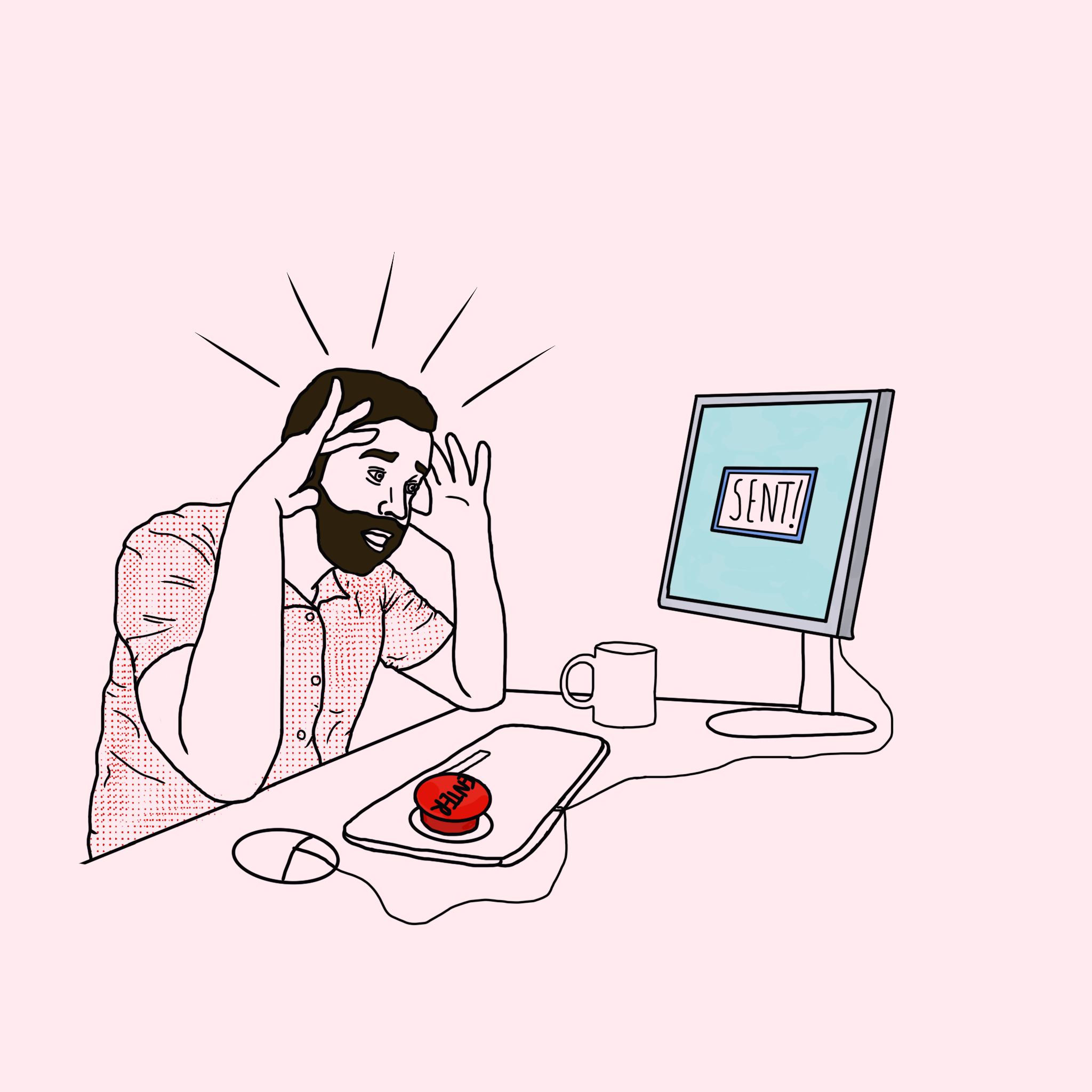At TogetherintheUK, we are always aiming to give you as much information
as we can for you to have a successful, joyful and inclusive life in the UK. Most of our blog posts are based on research and conversations both with new migrants who have just recently arrived in the UK and with people who have moved to the UK several years ago, and one recurrent topic is adapting to the new workplace and the British office etiquette: today we’ll focus on one important component – e-mails.
Starting with the basics, here are 3 important facts to keep in mind about your work computer and your use of emails:
Emails are official documents
E-mail messages are official documents and can be used as evidence in legal actions. On one side, this means that they can be used as evidence against you so you have to be very careful when drafting them and where you are sending them.
However, emails can also be used as evidence by you. They can often be used to cover your back. For example, if you have been requested to carry out a task by a senior colleague and this request has been sent via email it is better to confirm that you have completed the task by replying to this colleague’s email than just telling them in person. You don’t want to be accused by someone that you have not completed the task and you have no evidence to show you did it!
Top tip: Always check who you are sending the email to. Many a time, someone has written a cross email to their partner about their boss and then sent it to their boss!
Your computer at work is your company’s property
This brings us to another important fact. Some people tend to forget that the computer they use at work is usually the company’s property. They probably monitor your use of e-mail. They also have the right to review the e-mail you send and receive. You have no legal right to privacy for the type of Internet usage at work, even if you are using your personal e-mail account while you are using the company’s internet.
Top tip: Don’t write anything you wouldn’t say publicly.
Your e-mail is out of your control, if you click send
Any e-mail you send, even if you delete it, can be restored. We see that often nowadays in social media profiles of celebrities on platforms such as Twitter where old posts/tweets get used against the people that posted them and that could have been a while ago with the person posting them having outgrown the type of thinking that brought them to post such things. Most of the people who find themselves immersed in notoriety do not expect it to happen until it actually happens. For that reason make sure you use your e-mail account appropriately to avoid such events.
Top tip: Make sure there is nothing you would mind anyone seeing in your emails.
This is just an introduction to the British working environment and emails. To find out more regarding work, make sure to check out the work section on our website here!







